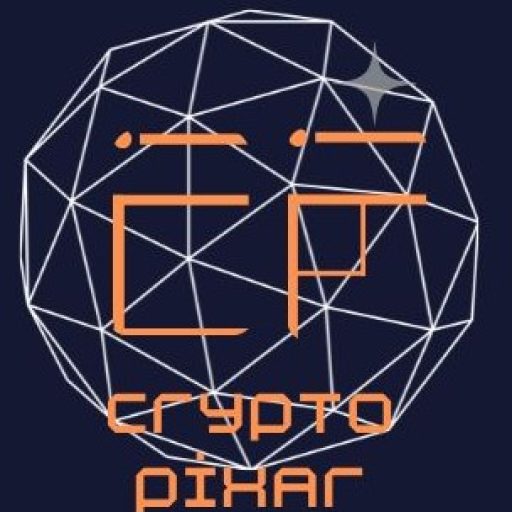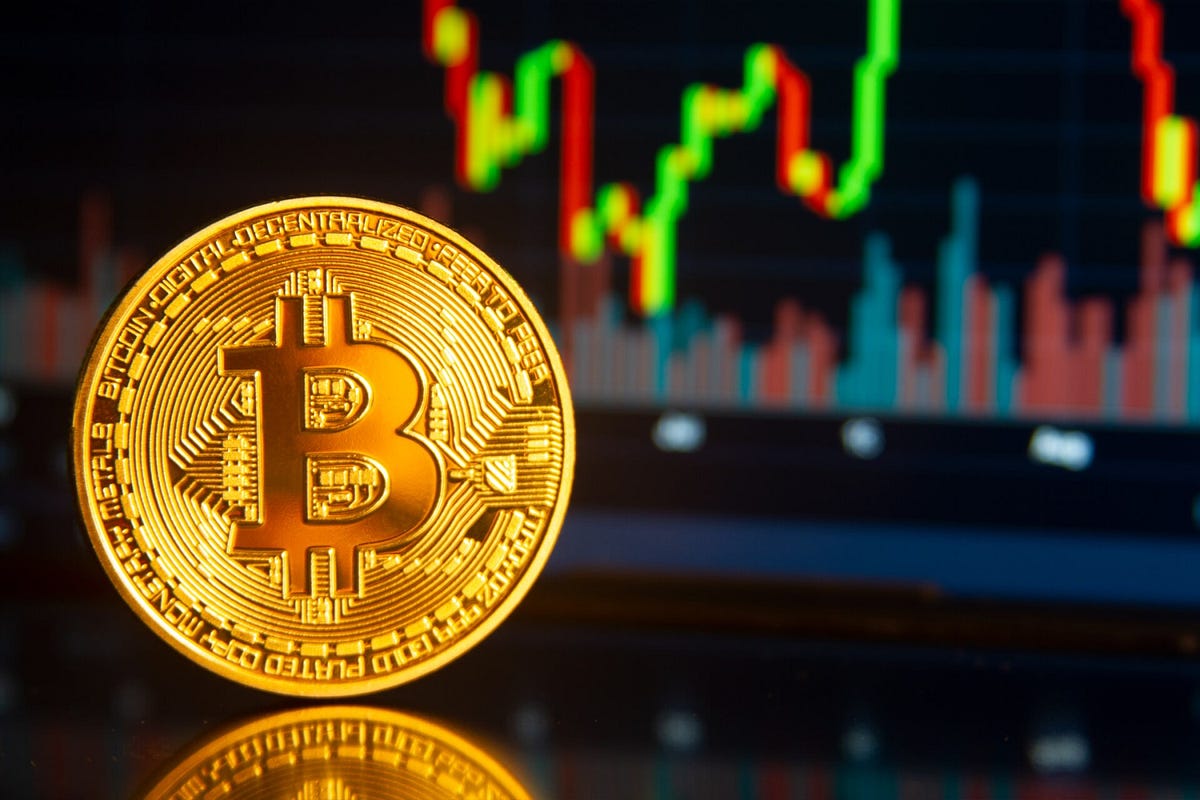In a landmark move for blockchain-powered finance, Thailand’s Ministry of Finance has named KuCoin as the first international crypto exchange to join its groundbreaking G-Token initiative—the world’s first publicly offered tokenized government bond.
Under the program, KuCoin Thailand—the exchange’s locally regulated arm—will play a pivotal role in handling subscriptions, redemptions, and listings in collaboration with Thai partners XSpring Digital, SIX Network, and Krungthai XSpring. The initial issuance amounts to 5 billion baht (US$153 million), with the goal of widening retail access to sovereign debt.
Initially, the bonds will be listed on licensed domestic exchanges, but KuCoin hinted that a global listing may follow, pending regulatory approval. This dual-track approach seeks to bridge domestic participation with global liquidity.
“Our selection as the inaugural global exchange for Thailand’s G-Token program stems from our strong regulatory footing in the country,” a KuCoin spokesperson said, noting that the exchange’s local presence positioned it as a trusted partner for the Ministry of Finance.
Still, the initiative faces challenges. KuCoin flagged key hurdles such as ensuring cybersecurity, enforcing AML and KYC standards in a decentralized environment, and managing volatility risks distinct from traditional bond markets.
Thailand’s Securities and Exchange Commission has recently moved to tighten ICO rules, adding investor testing mandates. The G-Token approval in May made Thailand the first government to tokenize sovereign debt, following earlier calls by ruling party figure Thaksin Shinawatra for government-backed stablecoins. His daughter, Paetongtarn Shinawatra, is now Prime Minister.
Finance Minister Pichai emphasized that the bonds—backed 1:1 by the baht and offering fixed rates—allow retail investors to participate with small amounts of cash, while earning more than traditional bank deposits.
Key Points Analysis
• Thailand becomes the first government to launch tokenized sovereign bonds, setting a global precedent.
• KuCoin Thailand’s regulatory presence made it the natural choice for international exchange participation.
• The program lowers entry barriers, letting small investors access sovereign debt markets with minimal capital.
• Security, compliance, and liquidity remain major hurdles before scaling globally.
• The initiative could inspire other governments to merge traditional finance with blockchain efficiency.
For KuCoin, the G-Token project isn’t just a national milestone—it’s a model for the future of real-world assets on-chain. By combining the stability of government bonds with the transparency and efficiency of blockchain, Thailand may have just sparked the next wave of sovereign DeFi innovation.








